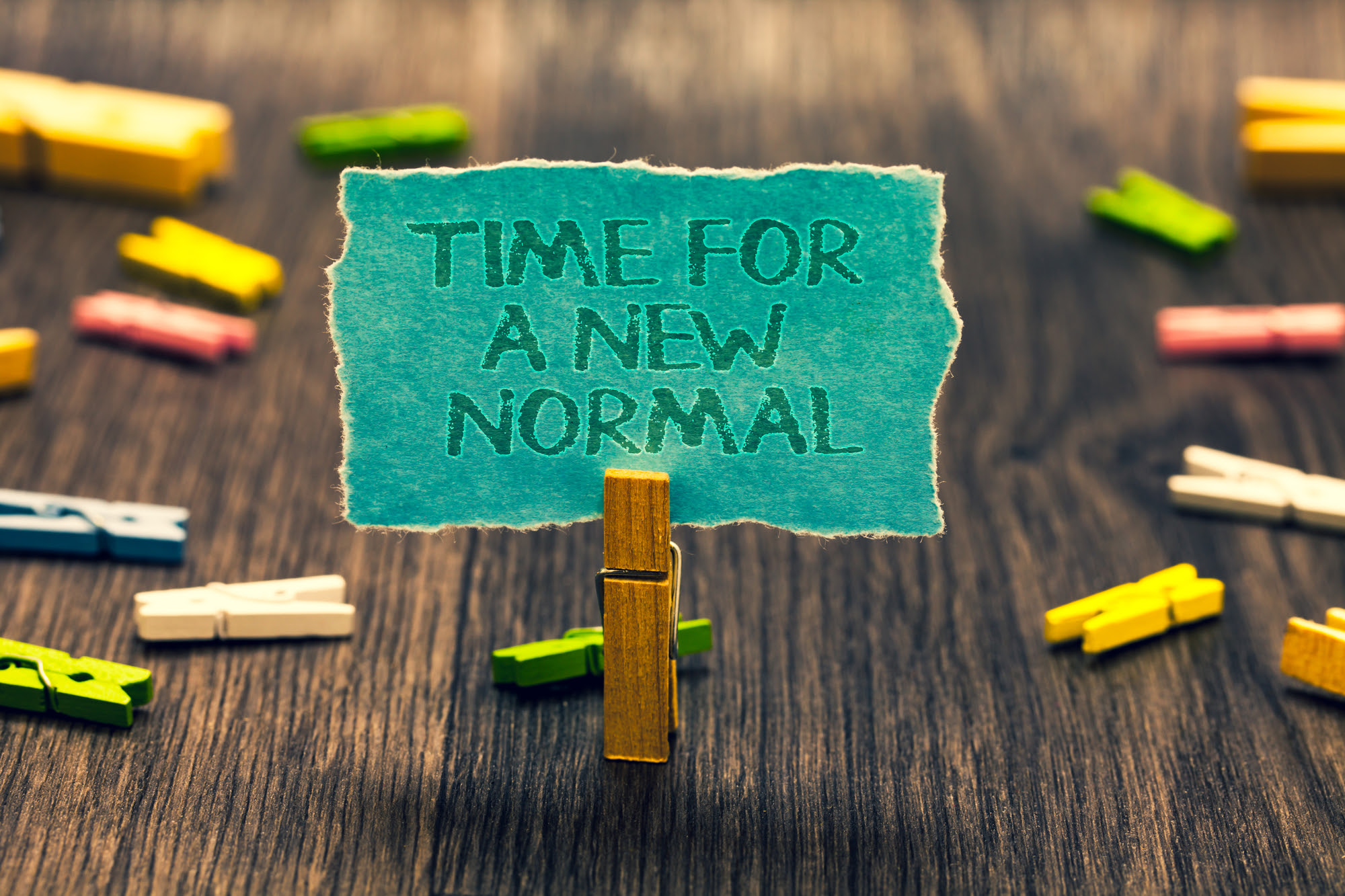The phrase “going back to normal” has rapidly transformed into a rallying cry amid global upheaval. However, for many, particularly those attuned to the resplendent tenets of the Bahá’í Faith, the desire to revert to a prior state of existence is both insufficient and misguided. It stands to reason, therefore, that we must rather embrace the call for a transformation towards a better world. In the context of Bahá’í teachings, this aspiration encapsulates the pursuit of justice, unity, and the spiritualization of human life, framing our collective journey as one replete with purpose and promise.
At the heart of Bahá’í teachings is the profound understanding that the evolution of society is akin to the metamorphosis of a caterpillar into a butterfly. This imagery embodies the essence of transformation—an arduous process of growth that unfolds through struggle and resilience. Thus, thriving in life requires us not merely to yearn for a return to past comforts but to seek new pathways that illuminate a more equitable and harmonious existence. To languish in nostalgia is to diminish the urgency of innovation, and in this era of collective awakening, stagnation is palpably counterproductive.
As we ponder the concept of “normal,” we must critically consider what precisely this term signifies within the collective consciousness. Normalcy fosters complacency, often masking the pressing social injustices, environmental crises, and individual suffering that remain pervasive in our current epoch. The Bahá’í teachings elucidate the idea that the well-being of humanity is interconnected — what affects one, invariably impacts all. This interconnectedness serves as both a metaphorical and tangible foundation for a renewed worldview that celebrates diversity and seeks to transcend the trappings of outdated paradigms.
Central to this advocacy for transformation is the principle of unity—a cornerstone of Bahá’í belief. The emphasis on unity does not suggest a monolithic identity, nor does it require the relinquishment of cultural richness; rather, it encourages us to recognize the profound similarities that underpin the human experience. By cultivating a spirit of oneness, we dismantle the barriers that segregate, whether along lines of ethnicity, nationality, or ideology. In the quest for a new societal schema, we must embrace interdependence and interrelationship as guiding principles of our collective journey.
Moreover, the Bahá’í philosophy enthrones justice as a divine imperative. Justice, in this context, transcends mere legalistic frameworks. It demands a transformative approach to societal inequities—an active pursuit of equity that is borne from love and compassion. Imagine a world where we dive into the currents of empathy, understanding, and humility, continually asking ourselves how we can uplift the marginalized and amplify the voices that have gone unheard. This endeavor, buttressed by the principles of Bahá’í teachings, propels us toward a future where every individual is afforded dignity and respect.
Environmental stewardship, another pivotal pillar of Bahá’í teachings, further encapsulates why returning to normal is inadequate. The global community faces an existential crisis wrought by climate change and environmental degradation. The timeworn practices that contributed to this predicament must yield to new paradigms of sustainability and reverence for our planet. It is through the lens of the Bahá’í Faith that we learn to protect the earth not merely for ourselves but for the future generations who will inherit this world. A renewed commitment to environmental responsibility reflects the safeguarding of rights not just for the contemporary populace but for all humanity throughout time.
In contemplating the collective aspirations set forth by the Bahá’í community, we find an invitation to reconceptualize our individual and communal roles in the decisive narrative of global transformation. The teachings implore us to engage in service —as active participants in the unfolding tapestry of human destiny. Service becomes both a personal journey and a societal catalyst, fostering bonds of love and cooperation that elevate our shared mission for justice and peace.
To continue along this path of meaningful change, the nurturing of spiritual qualities is essential. Attributes such as compassion, patience, and selflessness serve as the foundation for transformative leadership in the new world order we endeavor to create. Each individual possesses the potential to be a beacon of light, illuminating the darkness that pervades territories of despair and hopelessness. By fostering spiritual maturity, we can collaboratively cultivate environments that inspire collective resilience and foster a sense of agency in addressing pertinent social issues.
As we traverse the landscape of our evolving global society, it is imperative to acknowledge that the journey to a better world is laden with challenges. However, it is a path that holds immeasurable promise. The Bahá’í teachings invite us to rise above the allure of “normal,” urging us instead to envision a reality steeped in ideals that espouse love, unity, and collaboration. We must become architects of change, wielding our collective agency to rebuild the world on the foundations of justice and equity.
In conclusion, the urgent call to forsake a return to normalcy resonates with a broader vision for humanity’s future. Embracing transformation, as espoused through the lens of Bahá’í teachings, allows us to not merely survive but to thrive—redefining our existence as a collective, ensuring that the journey towards a better world aligns with our deepest spiritual aspirations. Our task is not only to imagine this better world but to actively pursue its realization, enabling a collective rebirth into an existence that is rich with purpose, fulfillment, and enduring unity.
